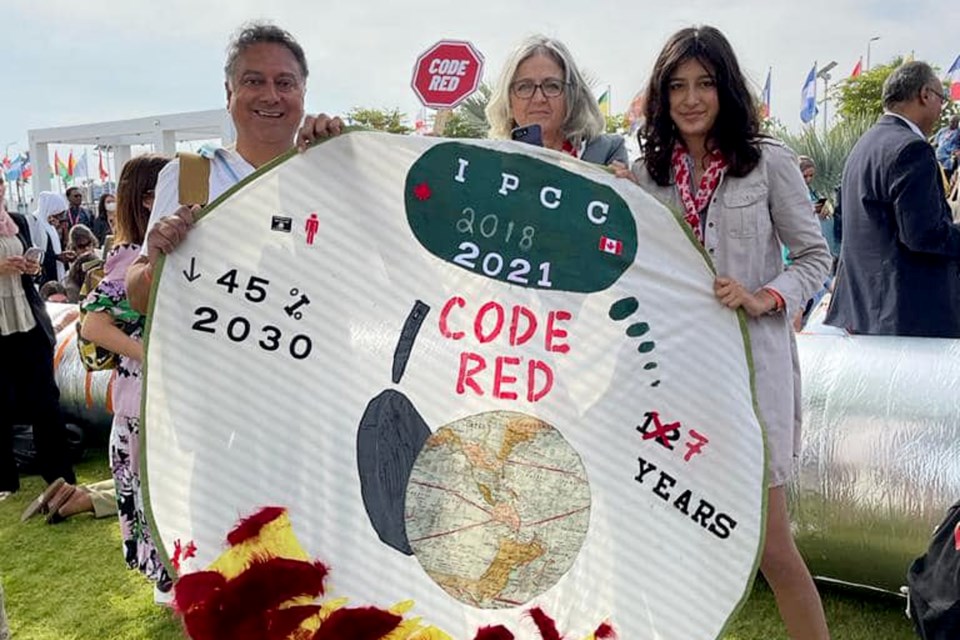If you believe in an equitable response to the climate crisis, the hope is still alive, but the hard decisions are still to come.
At COP 27, there was a promise of funding for loss and damage, but the equitable phase out of all fossil fuels remained elusive. This is unbalanced and thus doomed. Think about it: the more fossil fuels burned, the more loss and damage and adaptation costs we face.
In the final weeks before COP 27, there were a series of scientific reports. The World Meteorological Organization sent out an ominous warning that carbon dioxide, methane and nitrous oxide have reached new highs. Both the International Institute for Sustainable Development (IISD) and the International Energy Agency (IEA) warned that developing any new oil and gas fields would prevent the world from limiting global warming to 1.5°C or create stranded assets.
The Lancet Countdown Report showed ever more clearly that human health is at the mercy of fossil fuels. The United Nations Environmental Program warned that the world is not on track to reach the 1.5C goal.
Solutions to transform societies exist. The time for collective, multilateral action is now. But how?
We can finance loss and damage and successful adaptation, as well as phase out all fossil fuels equitably and achieve the 1.5C goal. The key is to follow the money. We need about $4-$6 trillion a year to transform the economy. Taxpayers will not be able to fund most of that.
Thus, we need our governments to redirect financial flows with policies. That is their job. Governments exist to create laws, policies and legislation to protect us.
Here are four solid policy suggestions:
1. Impose a windfall tax on fossil fuel companies. US President Joe Biden and UN Secretary General António Guterres have both called for it.
2. The world is spending at least $1.8 trillion a year, equivalent to two per cent of global GDP, on subsidies that are driving the destruction of ecosystems and species extinction. With policies we can redirect those financial flows.
3. Follow New Zealand’s lead and require financial institutions to disclose climate risks. In Canada there is Senator Rosa Galvez’s Bill S-243, the Climate-Aligned Finance Act. It would guide Canada’s financial sector through an orderly transition to a low-carbon economy in order to meet our climate targets while safeguarding the financial system from the systemic risks posed by climate change.
4. Enact carbon pricing policies that return revenues back to households on an equal per capita basis. This will have an added benefit of reducing income inequality while cutting GHGs. We already have this in Canada but it is facing serious headwinds from the Conservative Party of Canada and several provinces.
Most importantly, these policies must be rooted in human rights and gender justice.
We have everything we need to transform our world. The politicians need our help. We need to give them courage.
At Citizens' Climate International our volunteers around the world from over 60 countries have been sending letters to the G20 leaders to redirect financial flows using the solid suggestions above. You too can send a letter. Please go here by midnight Tuesday, Nov. 29: https://citizensclimate.earth/2022/11/21/send-a-digital-letter-to-the-g20-leaders-and-ask-them-to-follow-the-money/.
Sudbury’s Cathy Orlando is the international outreach manager for Citizens’ Climate Lobby. She, along with her husband, Dr. Sanjiv Mathur, and daughter, Sophia Mathur, a young climate activist, are observers at the COP27 in Sharm-el-Sheikh, Egypt from Nov. 7-18.
